
At least 201 people were arrested and 84 people were hurt when a small group of "criminal" demonstrators broke away from Saturday's main rally, which was the biggest in the capital since protests against the Iraq war in 2003.
A group of several hundred masked rioters attacked the iconic Ritz Hotel, occupied a luxury food store, smashed up shops and banks and started a bonfire in historic Trafalgar Square before police finally contained them.
The original march drew more almost half a million health workers, firefighers, teachers and their families, including children, to oppose the Conservative-Liberal Democrat coalition's austerity measures.
It was hailed as a success by organisers the Trades Union Congress (TUC), which represents many British unions and more than six million workers, but there was disappointment at the violence which broke out later.
TUC head Brendan Barber said he "bitterly regretted" the violence and hoped it would not detract from the success of the march.
"Of course we condemn the small numbers who came looking for violence but we will not allow their actions away from our event to detract from our campaign," he said.
Clashes in Trafalgar Square, the site of the famous Nelson's Column and four huge bronze lions, continued into the early hours of Sunday with police saying they came under "sustained attack" from bottle-throwing rioters.
Police on Sunday launched a probe into the violence and a team of investigators was reviewing evidence collected from officers and CCTV cameras.
Commander Bob Broadhurst of Scotland Yard, who led the police operation, blasted a "group of criminals" who "decided to -- on their own steam -- attack buildings in central London and attack police officers."
Several hundred black-clad protesters covering their faces with scarves hurled fireworks, petrol bombs and paint at police, AFP reporters saw. Clothes store Topshop and banks HSBC and Lloyds had their windows smashed.
A group of protesters occupied luxury food store Fortnum and Mason and sprayed graffiti on the building until police sealed off the premises and arrested those coming out.
Thirty-one police officers and 53 members of the public were injured in the violence, police said. Sixteen members of the public and 11 police needed hospital treatment.
About 4,500 police officers were deployed for the protest after several British student rallies descended into chaos last year, with one culminating in protesters damaging the car carrying heir-to-the-throne Prince Charles and his wife Camilla.
The violent end to Saturday's rally came after the TUC said that close to half a million people had protested peacefully earlier waving banners and playing music in a carnival atmosphere.
The march started by the river Thames, passed the Houses of Parliament and Prime Minister David Cameron's Downing Street residence before ending in a rally in Hyde Park addressed by opposition Labour Party leader Ed Miliband.
But business minister Vince Cable said Sunday that the government would not alter its economic strategy because of the huge march.
"I think it's important we have a dialogue with them (the unions) but we're not going to change the basic economic strategy," he told BBC television.
Since coming to power in May, the coalition announced cuts worth £81 billion ($131 billion, 92 billion euros) over five years to slash a record public deficit it blames on the previous Labour government.
The cuts involve most government departments, with the loss of 300,000 public service jobs and pay freezes for civil servants.



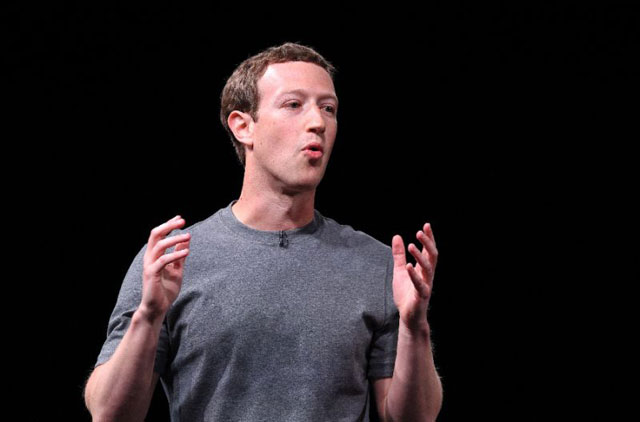

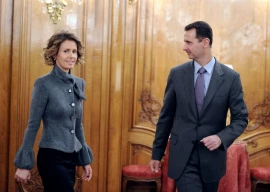
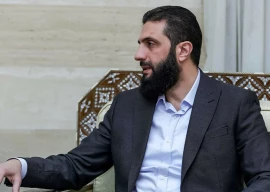
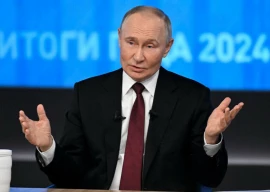
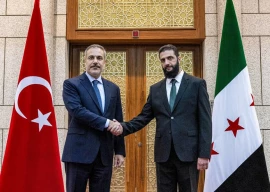
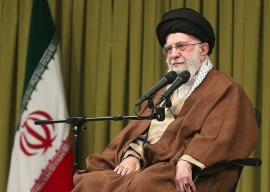




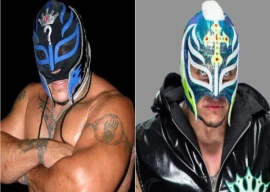








COMMENTS
Comments are moderated and generally will be posted if they are on-topic and not abusive.
For more information, please see our Comments FAQ